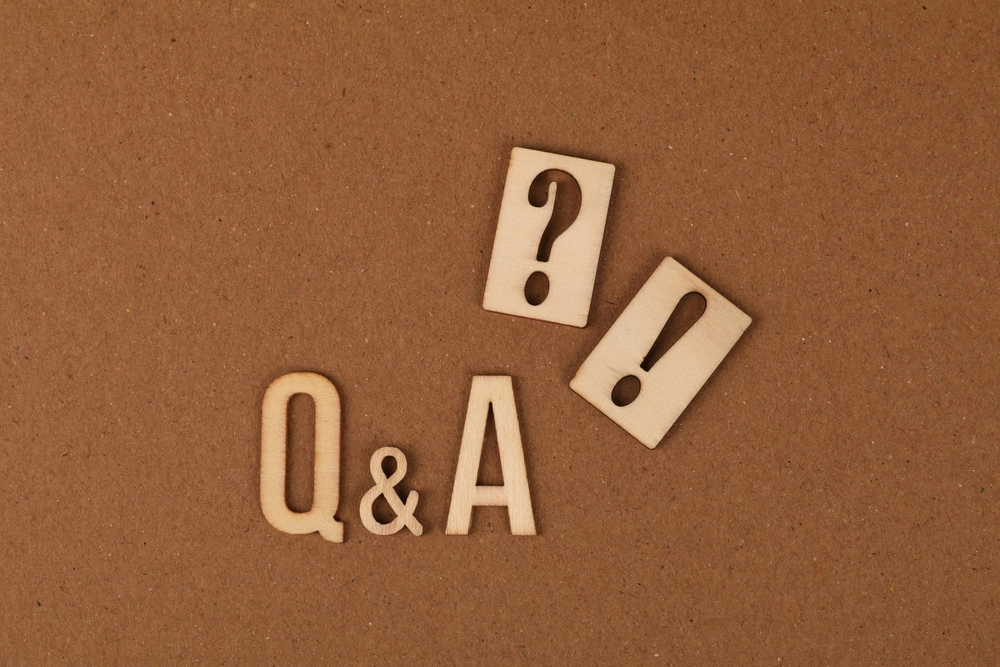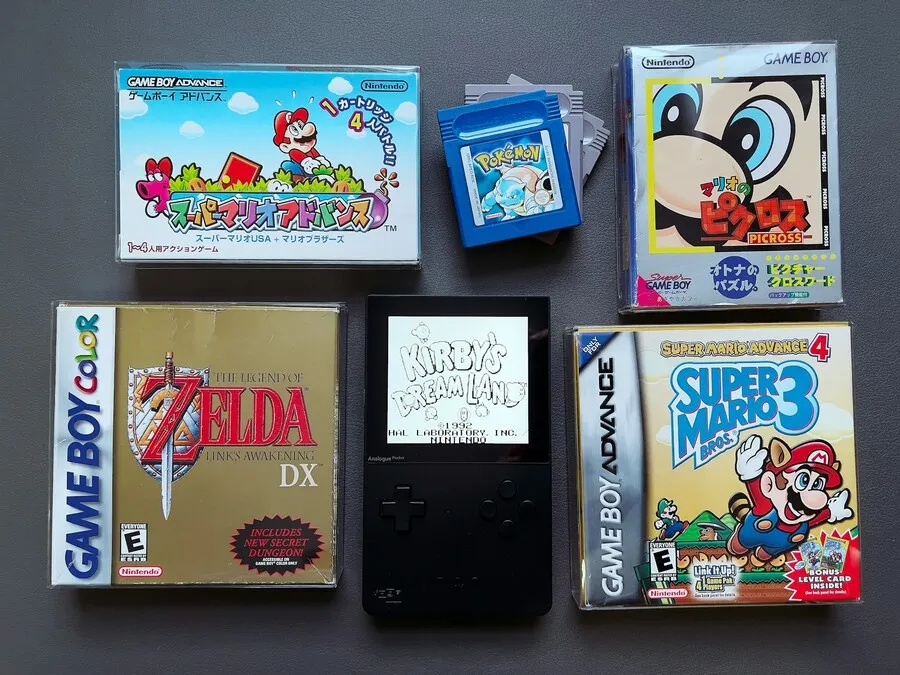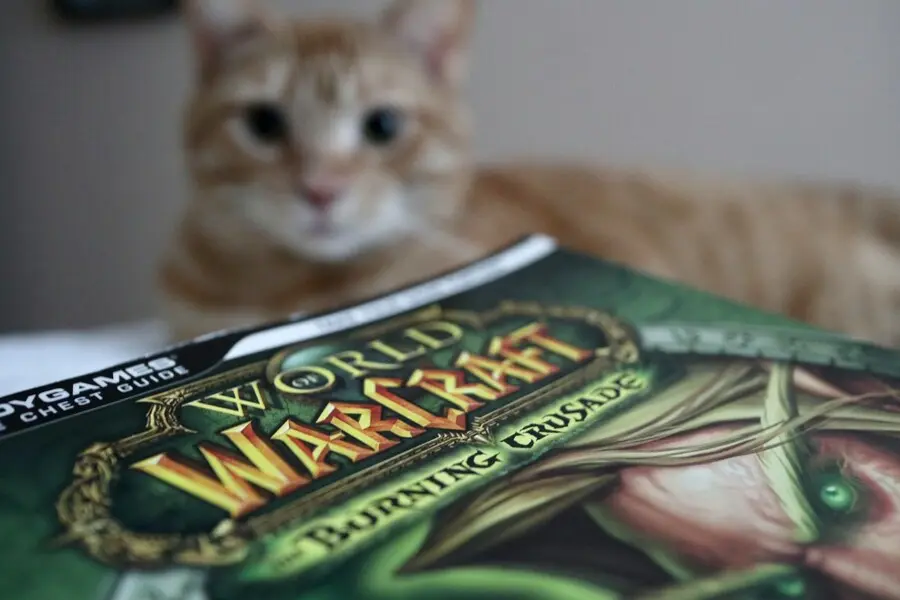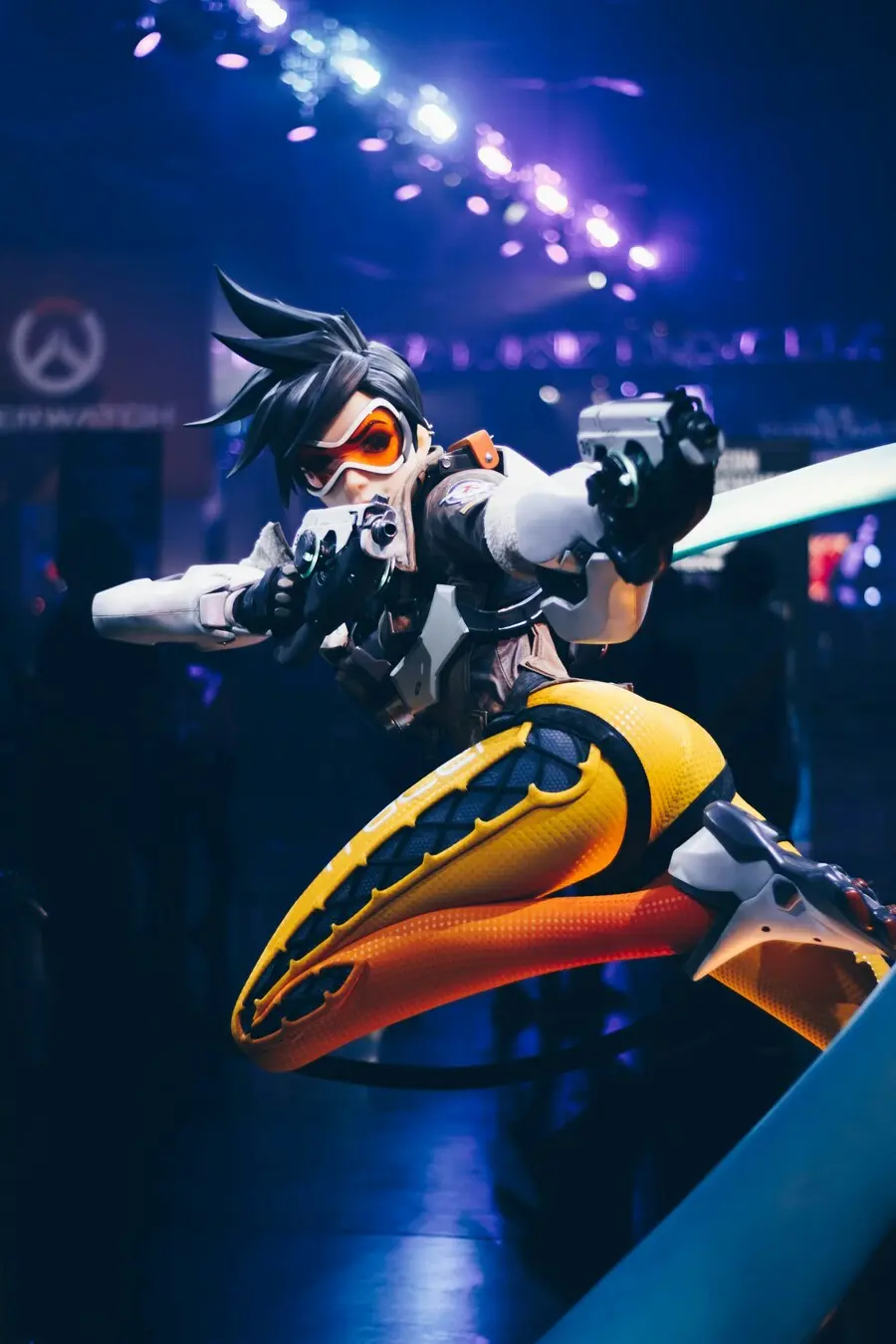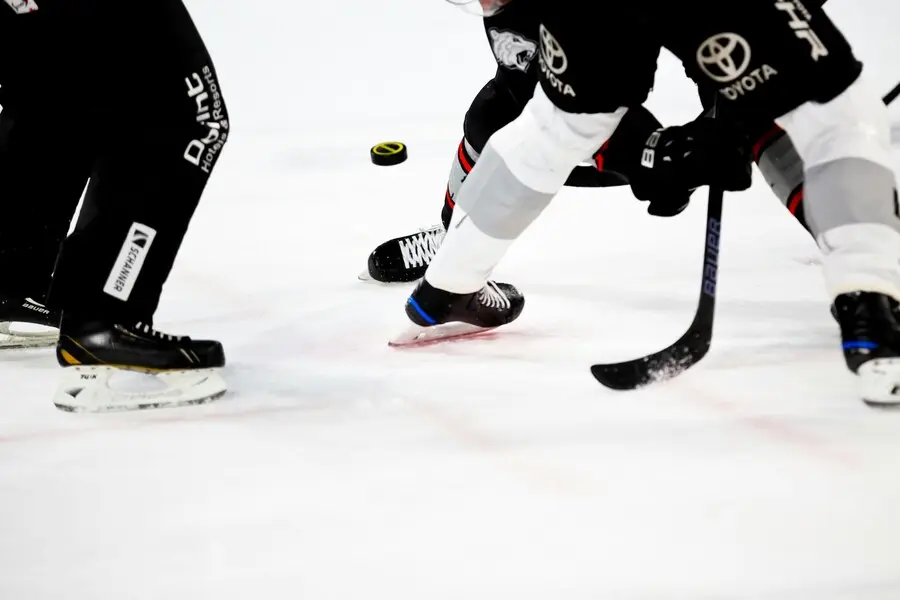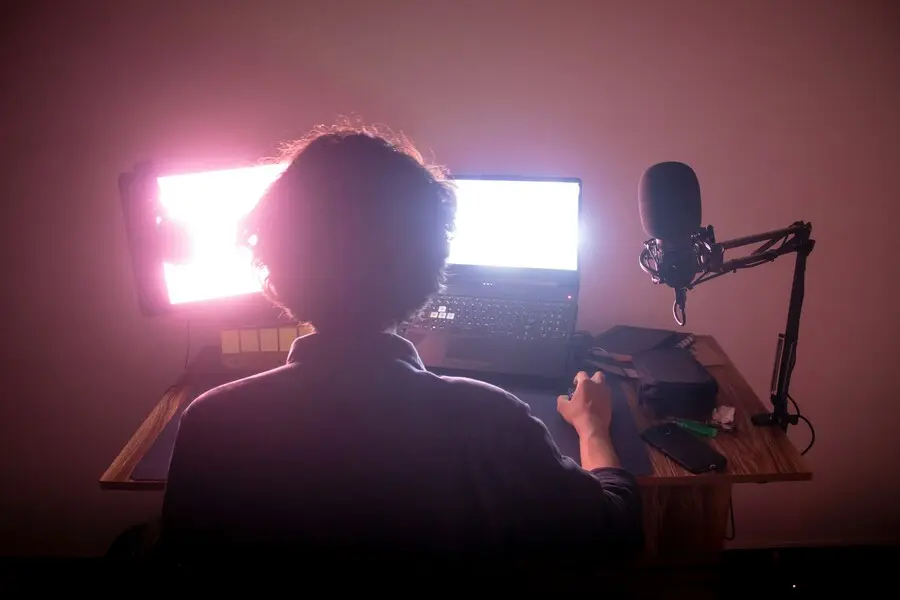If you haven’t heard of bestselling thriller novelist, Barry Eisler, it’s time you have. Former CIA operative and technology lawyer, Barry is now the bestselling author of the insanely popular John Rain series of thriller novels.
In this Q&A, Barry discusses his latest title, “The Detachment,” the writing life & the three reasons he turned down a $500,000 advance from a mainstream publisher, to self-publish.
SO MANY OF US HAVE BEEN EAGER FOR THE RELEASE OF “THE DETACHMENT.” CAN YOU TELL US A LITTLE ABOUT IT?
“The Detachment” marks the return of my half-Japanese, half-American assassin John Rain, who took a little time off to try to get his life together after the sixth book in the Rain series, “Requiem For An Assassin.”
His on-again, off-again romance with Mossad agent Delilah didn’t end happily (find out more in my short story, “Paris Is A Bitch”), and in The Detachment, he finds himself on the wrong side of an attempted American coup, up against rolling terror attacks, presidential hit teams, and a national security state as obsessed with guarding its own secrets as it is with invading the privacy of the populace.
WHAT ASPECTS OF “THE DETACHMENT” ARE YOU PROUDEST OF?
Well, it was a blast bringing together the two series universes I’ve created – that of the Rain books, and that of black ops soldier Ben Treven, who readers met in “Fault Line” and “Inside Out.” Putting together Rain, Dox, Treven and Larison, and forcing them to manage their alpha-male, lone-wolf instincts to survive the forces arrayed against them, was great.
But proudest? Probably the realism and timeliness of the backstory and the plot.
Since the end of the Cold War, there’s been much whether the thriller, at least the contemporary version, is still a viable form. Despite then Director of Central Intelligence James Woolsey’s admonition that “We have slain a mighty dragon, but now find ourselves in a jungle filled with snakes,” villains seemed scarce during the “peace dividend” years of the Clinton administration. Nine-eleven and the explosion of al Qaeda in the popular consciousness, of course, changed all that, and Islamic fundamentalism provided a new treasure trove of contemporary villains and plot lines.
For thriller writers interested in realism, though, the familiar “Islamic Terrorist Villain” plotline has a serious shortcoming: terrorism, of whatever stripe, poses far less danger to America than does America’s own overreaction to the fear of terrorism. To put it another way, America has a significantly greater capacity for national suicide than any non-state actor has for national murder. If thrillers are built on large-scale danger, therefore, and if a thriller novelist wants to convincingly portray the largest dangers possible, the novelist has to grapple not so much with the possibility of a terror attack, as with the reality of the massive, unaccountable national security state that has metastasized in response to that possibility.
This is of course a challenge, because unaccountable bureaucracies-what Hannah Arendt called “Rule by Nobody”-make for less obvious villains than do lone, bearded zealots seeking to destroy the Great Satan, etc., etc. The trick, I think, is to create an antagonist who is part of the ruling power structure but who also maintains an outsider’s perspective-who personifies and animates an entity that, destructive and oppressive though it is, is itself is too large and cumbersome to ever really be sentient. This is Colonel Horton, probably the most ambiguous villain I’ve ever created (and therefore probably the most compelling).
And thus, The Detachment: a small team of lone wolf, deniable irregulars, each with ambiguous motives and conflicting loyalties, pitted against the relentless, pervasive, grinding force of an American national security state gone mad. It’s real, it’s timely, and it’s built on an unnervingly possible premise, and I’m exceptionally proud of that.
WHEN WE SPOKE LAST, YOU SAID THAT IT TOOK YOU 4-5 MONTHS TO COMPLETE THE FIRST DRAFT OF A NOVEL. OVER THE YEARS, HAS YOUR DRAFTING PROCESSED CHANGED?
Not that much. Still about a month or two of thinking things through followed by about four months of feverish writing. All, alas, with lots of interruptions, but somehow it all gets done.
WHY DID YOU DECIDE TO FORGO THE $500,000 ADVANCE YOU WERE OFFERED TO INSTEAD STRIKE OUT ON YOUR OWN AND SELF-PUBLISH?
The first reason is the digital split. A legacy publisher offers authors 17.5% of the retail price of a digital title; a self-published author keeps 70%. That’s a lot of volume the legacy publisher has to move to make up for the deficit, and I decided that, over time, I could move enough on my own to come out ahead.
The second reason, though I supposed it’s really so separate from the first, is control over pricing and timing. The current business imperative of legacy publishing is to preserve the position of paper and retard the growth of digital.
Legacy publishers try to accomplish this objective by charging too much for paper books and by slaving the digital release to the paper. I believe my sweet spot per-unit price (the per-unit price that, multiplied by volume, results in maximum revenues) is around five dollars, and legacy publishers won’t price new digital titles that low (in fact, they went to war with Amazon over Amazon’s $9.99 price point, which they judged too low).
I also want to release the digital version as soon as it’s ready and the paper version afterward because a paper book takes longer to get to market (you have to glue it, ship it, etc), and legacy publishers insist on holding back the digital version until the paper version is ready. That costs me money, because until my books are available for sale, they don’t earn anything.
Anyway, in short, my second reason was that my philosophy on price and timing is antithetical to the price and timing philosophy of legacy publishers, and theirs to mine.
A third reason, by the way, was control over packaging decisions. I’ve lost too many sales to lazy, ill-conceived covers, and prefer to be in charge of such matters.
IN REGARDS TO SELF-PUBLISHING, WHAT DO YOU THINK WILL SEPARATE THE TRULY TALENTED AUTHORS WITH NOVELS THAT HAVE LEGITIMATE COMMERCIAL APPEAL FROM THE REST OF THE PACK?
Hard work and luck – same as always.
WHEN I SPOKE WITH YOU LAST, YOU DIDN’T ADHERE TO A WRITING SCHEDULE. STILL NO WRITING SCHEDULE?
Still trying to find one! So many interruptions. But I think digital will be good to me. I’ve written two short stories (“The Lost Coast” and “Paris Is A Bitch”) and they’re selling well, and the immediate gratification I get from writing a short story and making it available the very day it’s done is a huge incentive to avoid distractions.
WHAT DO YOU LIKE TO DO WHEN YOU’RE NOT RESEARCHING, WRITING OR PROMOTING?
I write about politics and language at my syndicated blog, Heart of the Matter, and work out, and, when I’m very lucky, get to take a quiet walk at night.
And there’s nothing like a good book and a fine single-malt Scotch.
DESCRIBE YOUR WRITING ENVIRONMENT.
A quiet office, good light, Mac 24-inch monitor, and appallingly comfortable sweatpants and a tee-shirt. Ordinarily with green tea; as the deadline approaches, with a pot of coffee.
DESCRIBE A TYPICAL EVENING IN THE LIFE OF BARRY EISLER.
Hah. You’re looking at one right now.
A TYPICAL WEEKEND?
Not so different, alas. I work too much.
I JUST FINISHED JOHN LOCKE’S “HOW I SOLD A MILLION EBOOKS IN 5 MONTHS.” IT SEEMS AS THOUGH HE SPENDS A MASSIVE AMOUNT OF TIME ON SOCIAL MEDIA. ESPECIALLY ON TWITTER. IN YOUR EXPERIENCE, HOW IMPORTANT IS THE USE OF SOCIAL MEDIA FOR SELLING BOOKS & HOW DO YOU STOP YOURSELF FROM GOING OVERBOARD TIME-WISE? OR, DO YOU?
I’m not sure I do stop myself. Everyone has to answer
this one for herself because the answer will depend on how much you like or dislike social media and what you’re trying to get out of it.
For commercial purposes, I think a strong online presence is important. I can see that just from how high my short story sales pop when I announce them on Facebook, Twitter, and my blog.
ANY OTHER WORDS OF ADVICE CONCERNING SOCIAL MEDIA?
The main thing is to use social media to build relationships, not to sell books. If you offer people value – entertainment, information – you’ll build relationships, and the sales will follow naturally. If you just try to sell, people will flee screaming in horror.
But I think digital self-publishing has shifted the value of an author’s time back to writing. I think the best marketing use of an author’s time lies in writing more stories. Not that social media and advertising aren’t useful; they certainly are. But nothing is as effective in selling a book as writing and publishing a new one.
HOW DO YOU DEFINE SUCCESS?
Finding a way to get people to pay you to do what you would pay to do.
IS IT TOO EARLY FOR ME TO ASK WHAT FANS CAN EXPECT NEXT?
Next up is a Dox short story, a Delilah short story, and probably a Rain prequel novel. A lot to look forward to.
Source by Jennifer Minar-Jaynes

